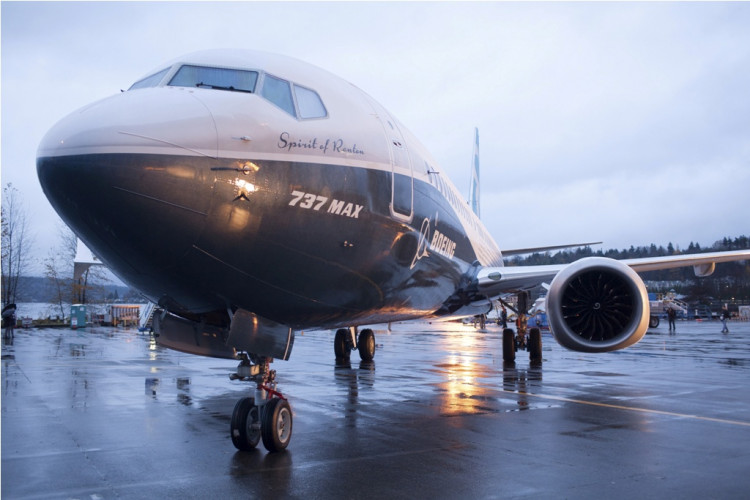Boeing faces a deepening crisis with its 737 MAX 9 aircraft as United Airlines and Alaska Airlines reported discovering loose parts on multiple grounded planes. This development raises significant concerns about the manufacturing process of Boeing's prominent jet family. The Federal Aviation Administration (FAA) grounded 171 MAX 9 planes following an alarming incident where a panel detached from an Alaska Airlines flight, compelling the pilots to execute an emergency landing.
Alaska Airlines disclosed that initial examinations indicated "loose hardware" in some of their MAX 9 aircraft, while United discovered bolts requiring tightening on several panels. This discovery has led to heightened scrutiny and disrupted flight schedules, with numerous cancellations anticipated.
The revelation about these manufacturing issues has intensified scrutiny on Boeing, which has already faced numerous challenges since the broader grounding of the 737 MAX family in 2019 due to safety concerns. John Cox, a U.S. aircraft safety expert, highlighted the seriousness of these findings, emphasizing that it points to a broader quality control problem within Boeing's production line.
Boeing responded to the situation by maintaining close contact with MAX 9 operators and offering support to address any issues found during inspections. The company reaffirmed its commitment to meeting design specifications and upholding the highest safety and quality standards.
As Boeing, the FAA, and the airlines engage in discussions over precise inspection guidelines, Boeing is expected to revise the initial guidelines it submitted. These revisions, pending FAA approval, will guide airlines in conducting repairs. The scrutiny is further intensified by passengers expressing concerns about the safety of the aircraft, a sentiment that could impact Boeing's reputation and operations significantly.
The panel that detached from the Alaska Airlines flight was a door plug, a component fitted in two stages, initially by supplier Spirit AeroSystems and later completed by Boeing. The incident has led to a review of both manufacturing and maintenance records to ascertain the root cause and extent of the issue.
Spirit AeroSystems' shares also experienced a downturn, reflecting market reactions to the news. Meanwhile, the FAA has yet to comment specifically on the reports of loose bolts but emphasized the importance of comprehensive inspections before these planes can return to service.
The incident and subsequent findings represent a significant challenge for Boeing, underscoring the need for rigorous quality control measures in the aviation industry. As investigations continue, the focus remains on ensuring aircraft safety and addressing any systemic issues that may emerge from this latest development in the 737 MAX 9 saga.





